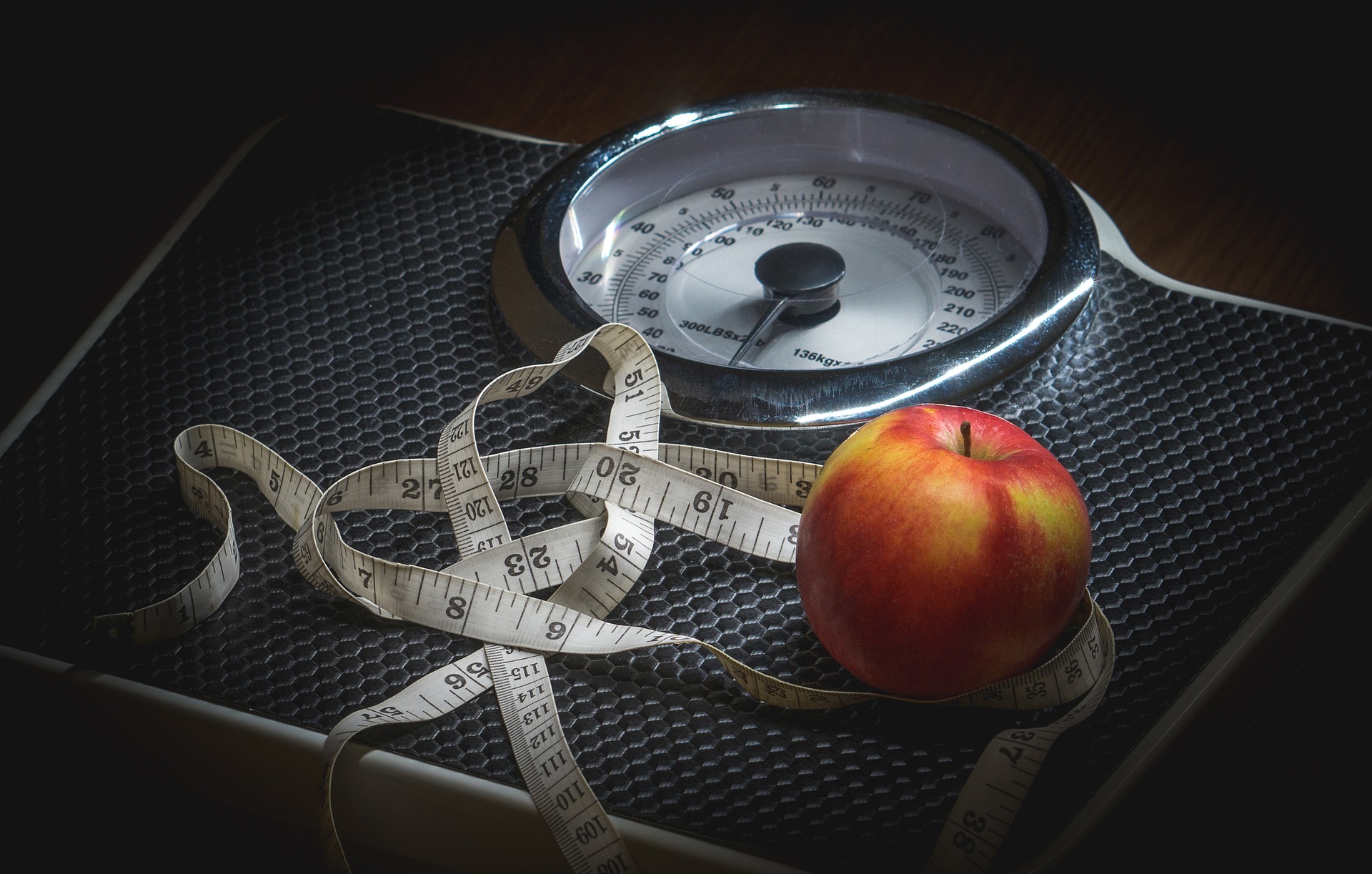It’s 2018. At this point its profusely clear that political correctness has gone mad. Spotted dick is now called “Spotted Richard” and Dennis the Menace has been redrawn as a less threatening and less of a troublemaker. But should we perhaps be asking if body positivity has gone mad too? In another trivial segment earlier last week, we saw presenters Phillip Schofield and Rochelle Humes on ‘This Morning’ speak to self-proclaimed gainer Rosie and her feeder finance, Jeff about “Feederism” and the sexual fetishization of excessive weight gain. Rosie who has gained 12 stone in 18 months and her fiancee Jeff discussed their stereotype-smashing relationship to viewers via a video link from Australia. Addressing first and foremost their sexual satisfaction, which appeared the couples number one priority, Jeff simply alluded to his desire for the “quite large lady” while Rosie emphasized her new found confidence and sex appeal.
“Feederism” or “Fat Fetishism” is defined as “the feeding of an overweight or obese partner or encouraging the partner to eat large quantities of food […] feederism hinges on the pleasure of watching the partner eat or gain weight with time.” Is Feederism simply a celebration of a sexual preference that has been ostracised by society’s favourite narrative – diet and weight loss – or is it harmful?
We must also look at the more sinister side and ask yourself too whether feederism is actually just another form of abuse?
While scrolling through the endless sea of shitty videos on my Facebook feed, this one brought me to an interesting dilemma. As the liberal, open-minded millennial that I like to think I am, I applaud their decision to opt into a relationship that breaks every social norm we have been taught to abide by – to be super lean and physically fit. However, I can’t escape the thought that the relationship presented on ‘This Morning’ is inherently unhealthy. As much as I believe everyone should do as they very well fucking please and be whoever they want to be, this screamed to me control and ultimately an untimely death.
Having read a series of articles online written by a host of women who have tried to balance pleasing their significant other whilst preventing overly excessive weight gain, I was struck by a number of things. Firstly the “feeder” is nearly always a man and the “gainer” nearly always a woman and secondly, the weight gain is purely for the sexual satisfaction the feeder. There are, of course, all manner of toxic relationships but acting out a personal fetish to the detriment of someone you love seems more than anything else a bit selfish.
And it isn’t that these people are overweight. I’m not “fat shaming” or writing with an “anti-fat bias”. What I’m specifically addressing is Feederism and my opinion would remain the same if I were discussing a sexual subculture that glorified starvation, which if you browse the internet exists too. Maybe I’m wrong though and maybe feederism can be conducted in a way that remains within the realms of healthy? I don’t know and I’m not probably not educated enough to make a proper judgement, but if I am playing into a false stereotype then it is only the media that’s to blame.
Aside from one probing question about whether or not Rosie’s decision to gain was responsible given her young child, the video broadcast on This Morning’s purpose seems only to mock and create controversy that in itself is irresponsible given the state of the nation’s waistline. Set to overtake smoking as the biggest cause of preventable cancer of women by 2043, obesity is on the rise in the UK and a popular programme like ‘This Morning’ shouldn’t be trivializing this as daytime entertainment. Ultimately personal choice is a personal choice and Feederism is probably symptomatic of our oppressive diet culture. However, this doesn’t mean that it is anything less unhealthy. Self-worth and sexual satisfaction shouldn’t be based on weight. Whether you are six stone or sixty stone, the same rule applies.
Lola Brittain

